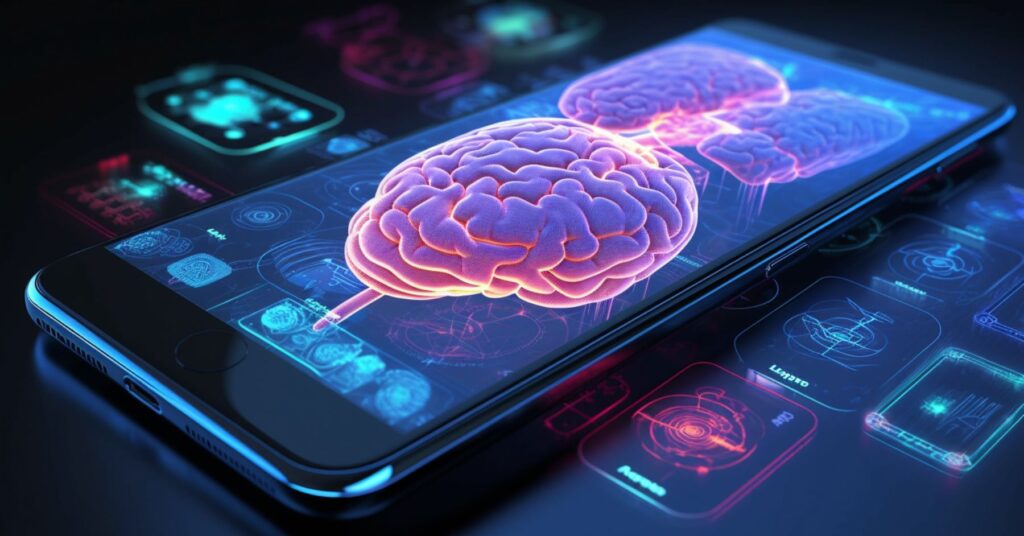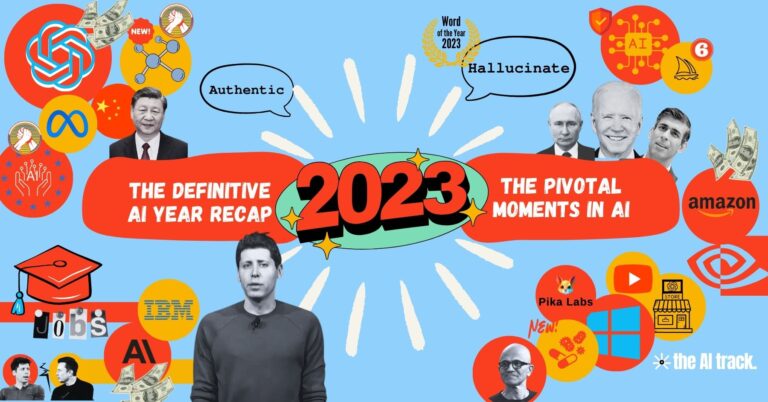Table of Contents
ToggleBridging AI and Neurology: The Dawn of Digital Alzheimer’s Diagnosis
The AI Alzheimer’s App serves as an excellent example, demonstrating the profound impact of artificial intelligence on Neurological health by detecting early signs of Alzheimer’s disease.
AI Alzheimer’s App: A Revolutionary Breakthrough in Neurological Health
In the realm of neurological health, the AI Alzheimer’s App stands as a testament to the impact of AI in healthcare. The days of relying solely on clinical assessments for Alzheimer’s diagnosis seem to be a thing of the past.
The primary source for this article is a study published on Neuroscience News, which highlights the effectiveness of the AI-driven smartphone app in Alzheimer’s detection. The study involved a large sample of participants, including both individuals with Alzheimer’s disease and healthy controls.
The researchers collected data from the participants’ smartphones and used advanced AI algorithms to analyze and identify patterns indicative of cognitive decline.
The implications are profound and far-reaching: it opens up opportunities for timely interventions and potentially alters the course of the disease.
How the App Functions
As reported by neurosciencenews.com, the AI Alzheimer’s App operates on complex algorithms that meticulously scrutinize user interactions and behavioral patterns.
This detailed analysis allows it to detect subtle cognitive shifts, often serving as early warning signs of Alzheimer’s. This proactive detection is pivotal, laying the groundwork for immediate therapeutic strategies that could decelerate the disease’s progression.
Early detection of Alzheimer’s disease is crucial for improving patient outcomes and enabling timely interventions. Unfortunately, diagnosing the condition in its early stages has proven challenging. However, the emergence of AI technology offers a ray of hope, as it can potentially enhance the accuracy and efficiency of Alzheimer’s detection.
According to the study findings, the AI-driven app demonstrated remarkable accuracy in detecting early signs of Alzheimer’s disease. The app successfully distinguished individuals with Alzheimer’s from healthy controls with a high degree of precision. The researchers also noted that the app’s ability to detect cognitive changes surpassed traditional diagnostic methods in terms of efficiency and reliability.
While its primary objective is Alzheimer’s detection, the AI Alzheimer’s App is not limited to this alone. It holds immense potential for a wider range of neurological disorders. This amalgamation of artificial intelligence and neurology signals a future where digital platforms could become the mainstay for detecting and managing an array of neurological conditions.

The Digital Shift: AI’s Growing Role in Neurological Care
The marriage of AI and neurology is more than just a trend; it’s a paradigm shift in healthcare. The AI Alzheimer’s App stands as a testament to the transformative power of technology, offering a beacon of hope for millions affected by Alzheimer’s.
In addition to the AI Alzheimer’s App, researchers at Massachusetts General Hospital have developed a precise method that depends on routinely collected clinical brain images. The model employs an uncertainty metric to ascertain whether the patient data significantly deviates from the data it was trained on, thereby determining its ability to make a successful prediction.
This approach has yielded promising results, with the model identifying Alzheimer’s disease risk with an accuracy of 90.2 percent across all five datasets.
Moreover, researchers from Regenstrief Institute, IUPUI, and the medical schools of Indiana University and the University of Miami are conducting a real-world evaluation of an artificial intelligence tool they developed for early identification of Alzheimer’s disease and related dementias in primary care3.
This tool uses natural language processing to cull unstructured information in combination with structured data from a patient’s electronic health record.
AI in Healthcare: The Path Forward:
AI has already made significant contributions to healthcare (read our analysis here). Beyond The AI Alzheimer’s App, some AI diagnostic tools are:
- DeepMind’s AI can predict patient outcomes 48 hours earlier than human doctors.
- IDx’s AI detected diabetic retinopathy on par with expert ophthalmologists.
- Viz.ai‘s stroke-detecting AI identifies blockages minutes after a scan.
- Researchers at NYU have unveiled NYUTron, a cutting-edge AI model capable of making critical predictions based on medical notes
- A magnifying lens equipped with artificial intelligence (AI) technology can rapidly detect skin cancer in NHS patients.
- K Health’s AI chatbot is revolutionizing the diagnostic process, serving as a digital assistant to doctors.
- Google’s Med-PaLM 2 takes healthcare interactions to uncharted territories, closing the gap between patients and medical insights, particularly in regions where physician access is limited.
The Global AI Healthcare Market: A Future Perspective
The global AI healthcare market is poised for significant growth in the coming years, propelled by the escalating demand for AI-powered solutions that enhance healthcare outcomes and curtail costs.
In 2022, the AI healthcare industry was valued at USD 15.1 billion. It is projected to soar to USD 187.95 billion by 2030, expanding at a compound annual growth rate (CAGR) of 41.5%. This market growth is anticipated to stimulate the development of novel AI technologies in medicine.
Factors Fueling the AI Healthcare Surge:
- The pandemic has exposed deficiencies in traditional healthcare systems, and AI provides viable solutions.
- The explosion of medical data presents an opportunity for AI to unearth insights beyond human capabilities.
- Studies indicate that AI can enhance patient outcomes, streamline operational efficiency, and reduce costs.
Leading AI Healthcare Applications:
- Robot-assisted surgery: da Vinci surgical robots have performed over 8 million procedures globally. The global surgical robotics market is projected to reach $14B by 2027.
- Clinical decision support: AI can scrutinize patient data and propose diagnoses or treatments for physicians. The clinical decision support system market could escalate to $2.4B by 2027.
- Administrative workflow assistance: AI chatbots and intelligent workflow applications alleviate clinicians’ administrative tasks. This market segment could surge to $4.7B by 2027.
Despite its potential, healthcare AI confronts challenges such as regulatory ambiguity, data quality concerns, and resistance from physicians.
Nevertheless, for many providers, the benefits seem to surpass the risks. If market analysts’ predictions hold true, healthcare AI could soon become a common feature in hospitals near you.
Conclusion
The integration of AI technology and neurology has resulted in a groundbreaking development—an AI-driven smartphone app with the capability to detect early signs of Alzheimer’s disease.
With its high accuracy and efficiency, the app holds promise for early diagnosis and intervention, potentially transforming the landscape of Alzheimer’s research and patient care. While further research and validation are necessary, this breakthrough paves the way for a future where technology plays a vital role in the fight against Alzheimer’s.
Key Takeaway
- The AI Alzheimer’s App is a groundbreaking tool in the realm of early Alzheimer’s detection.
- It utilizes advanced algorithms to analyze user behaviors, identifying early cognitive shifts.
- Its potential isn’t limited to Alzheimer’s, hinting at a digital future for various neurological disorders.




